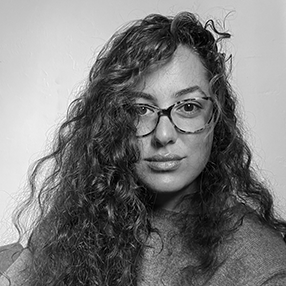Louise
Dedamet. I saw you, after the first flush of blooms.
I was picking through the ruins for my roots but you weren’t there.
Must I make an agreement with the living?
I cut the spike.
I surrendered to your dormancy.
Later, I cooed at the new growing from the old.
I kissed each bud as they swelled and broke, one at a time, to reveal the private ledger of your birth.
Without documentation. Without the truckloads of gravel between us, pinning our bodies in place.
When white flowers unfurled again, I stayed on the threshold of memory.
I didn’t have to give up anything. Not my pursuit of facts. Not my wildness.
I let the unexpected take shape: a mirror-image symmetry betraying your face.
What can I learn from your living? Your vagaries and blossoms?
I reach for you, madare madar bozorgam. Toward a past swallowed by stone. Unmapped yet in the earth. The orchid, my promise to care for that which animates us both.
I promise to wrest you from the hands of those who would rewrite your life. No. No. I promise:
I promise touch. I promise my voice. I promise a willingness to dream.
I promise your face hewn into lost history.
Copyright © 2023 by Tala Khanmalek. Originally published in Poem-a-Day on July 27, 2023, by the Academy of American Poets.
“I wrote this poem while listening to an interview with Mohawk seed keeper Rowen White on the Finding Our Way podcast, hosted by Prentis Hemphill. At the time, I was learning how to grow orchids and, after months of careful attention, one of my plants finally rebloomed. The process of caring for orchids connected me to my maternal great-grandmother in a way that I had not felt before. White talks about seeds as a portal to our ancestry. For me, orchids opened up a living portal to Louise through which this poem emerged, with phrases borrowed from Patricia J. Williams’s 1988 essay ‘On Being the Object of Property.’ Although I had previously fixated on the familial and historical omissions that disconnected us across generations, I now experienced the many possibilities of tapping into our interbeing.”
—Tala Khanmalek

